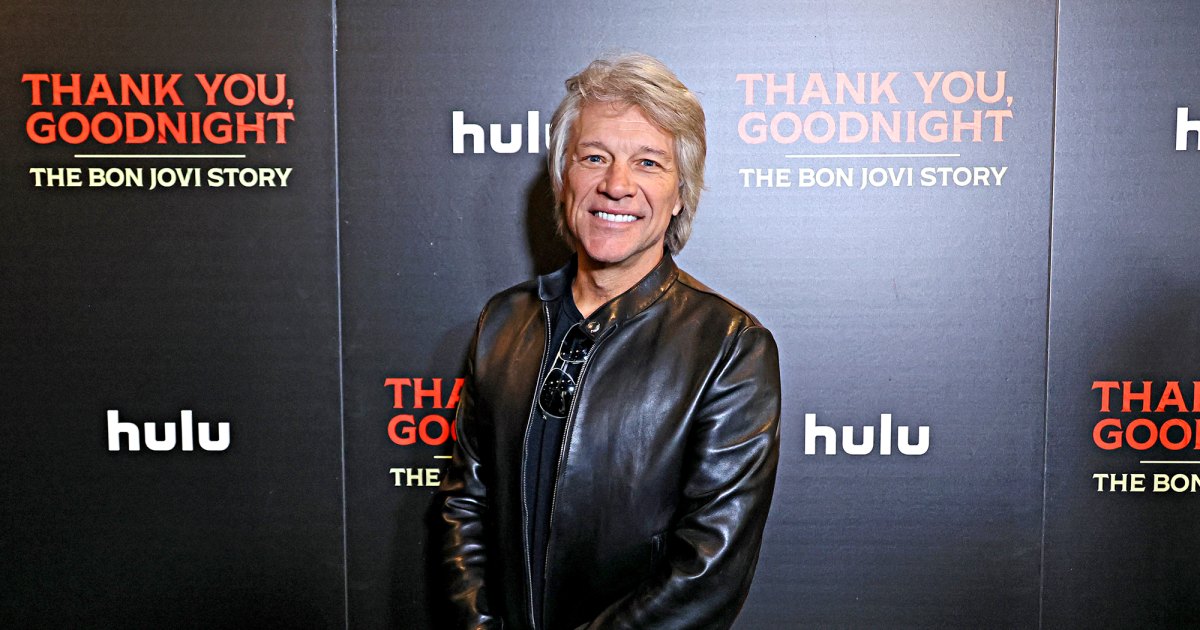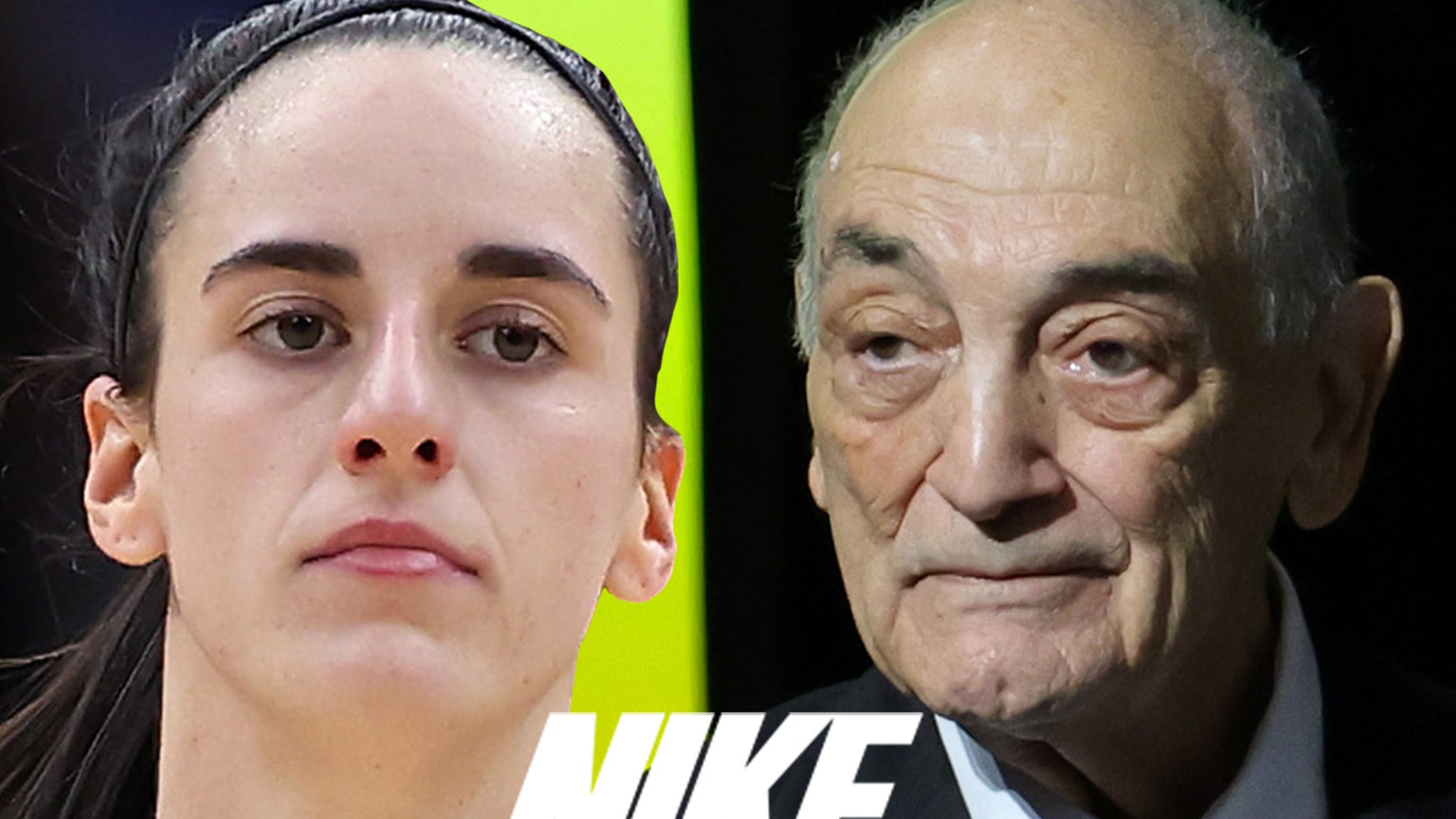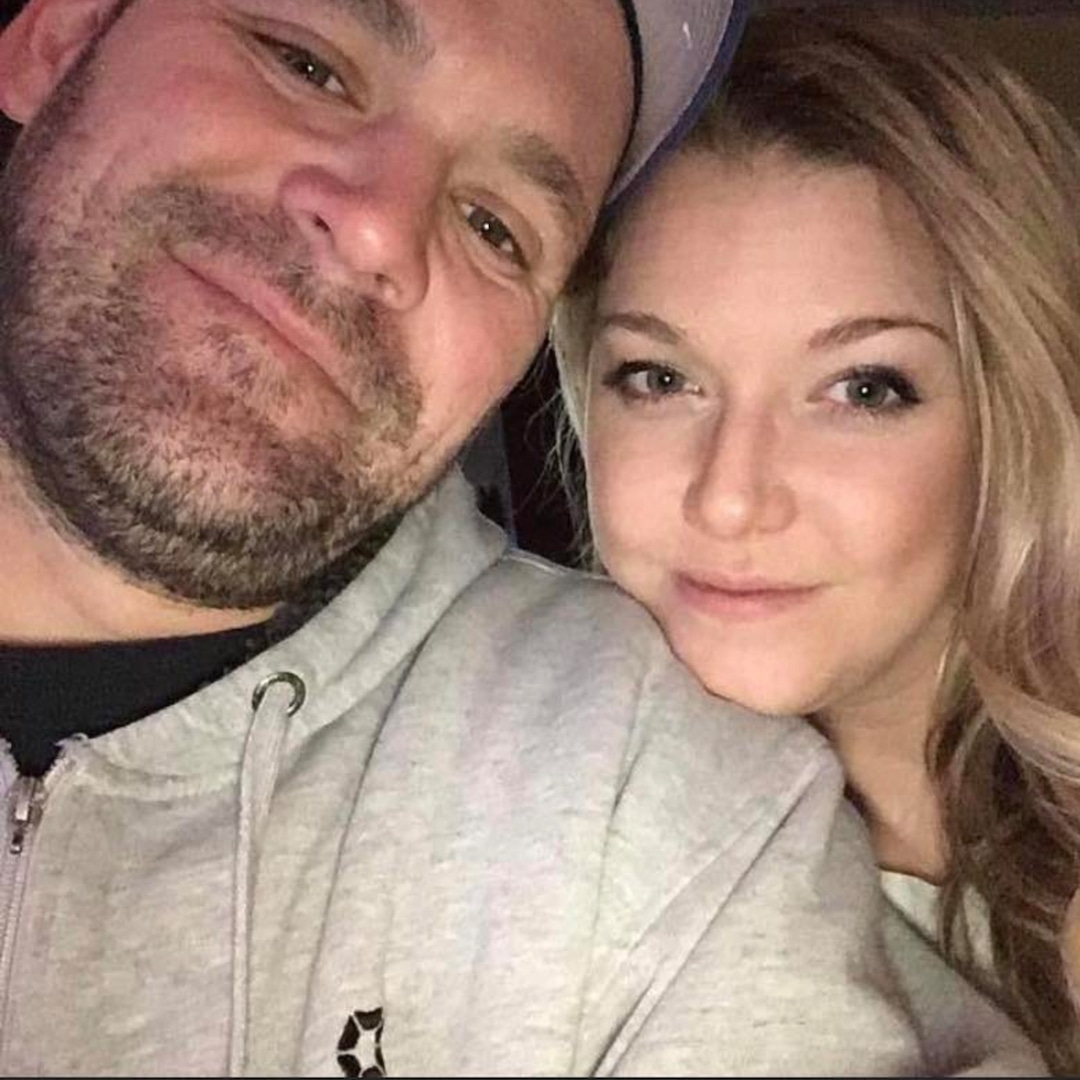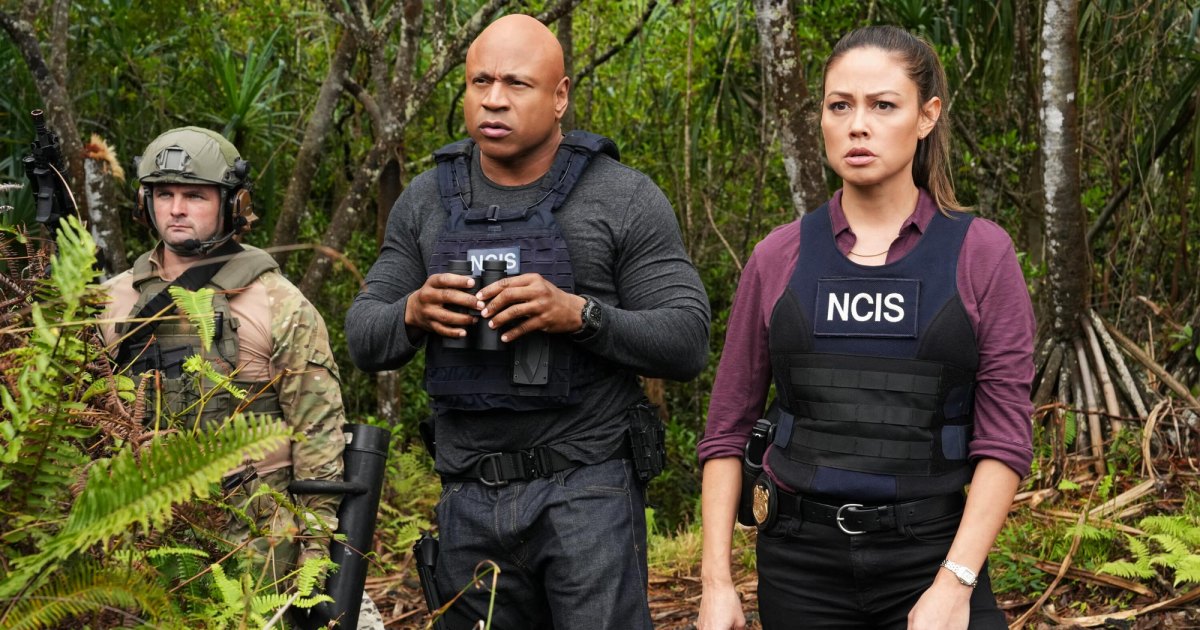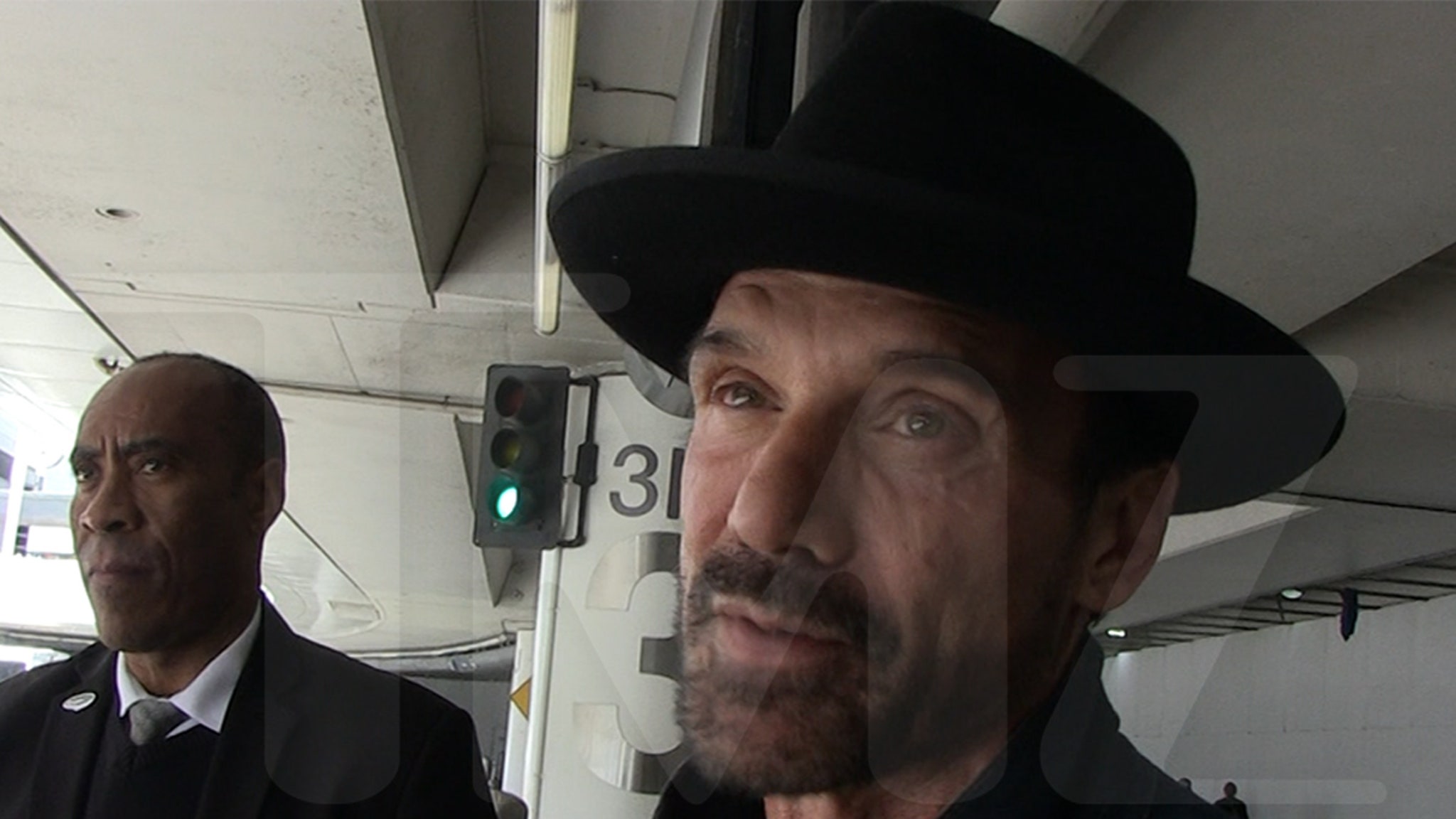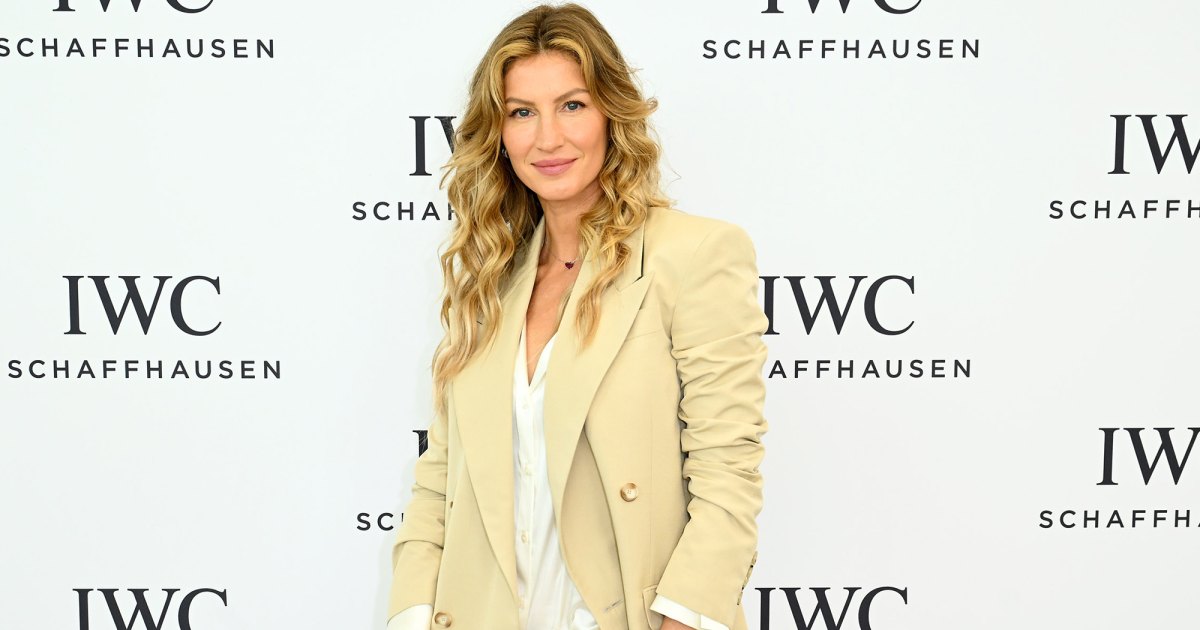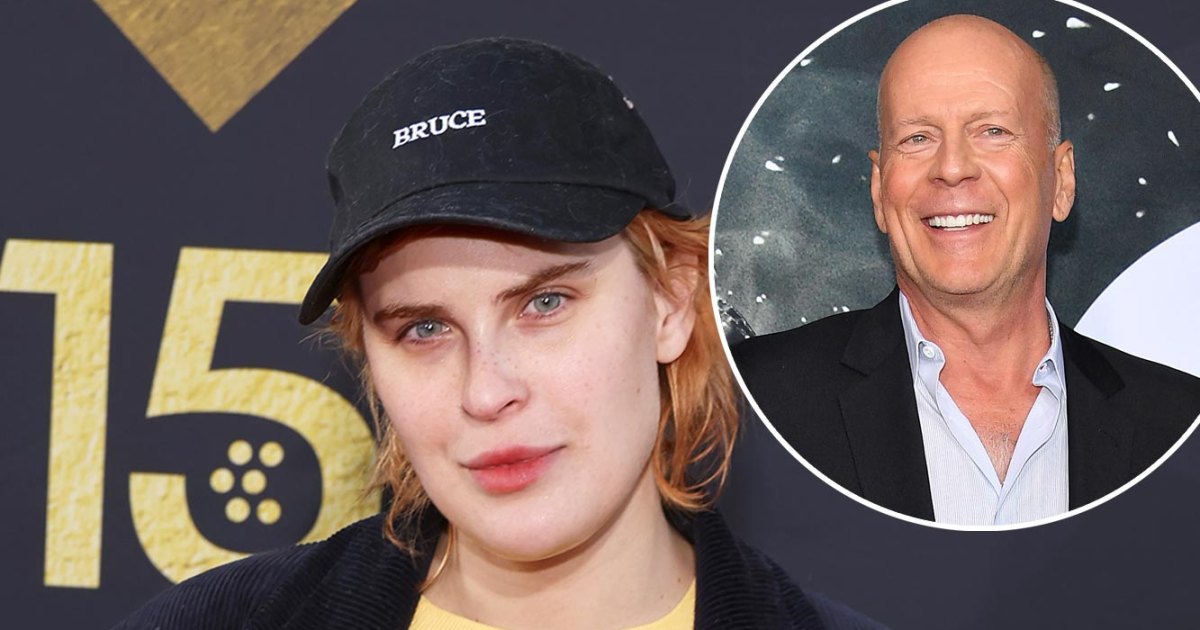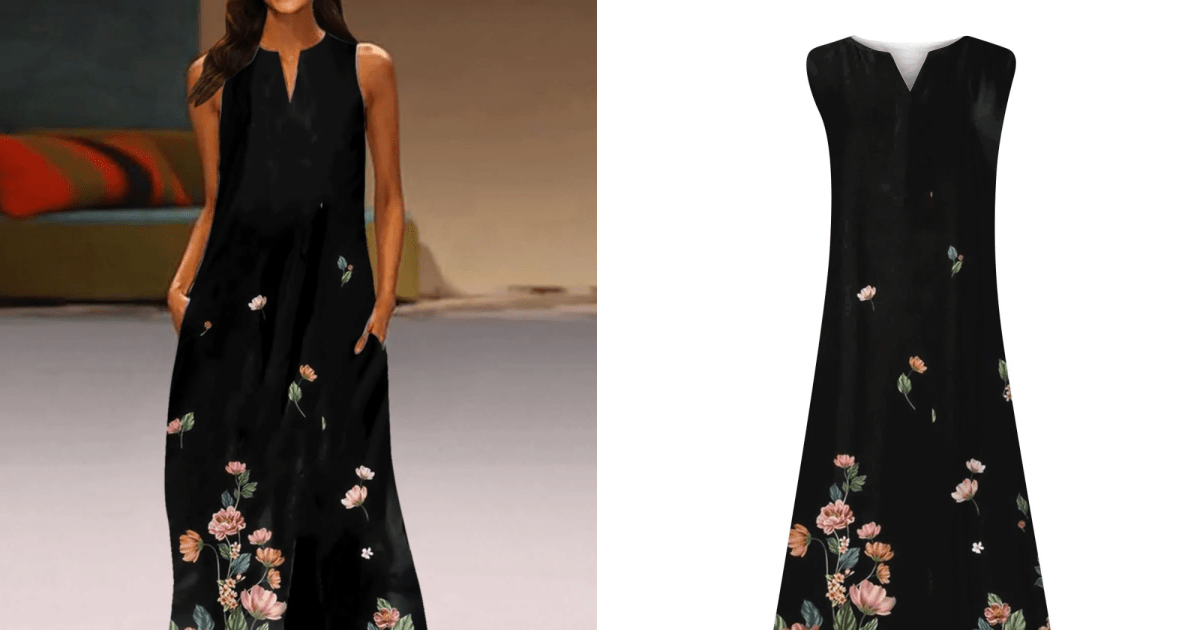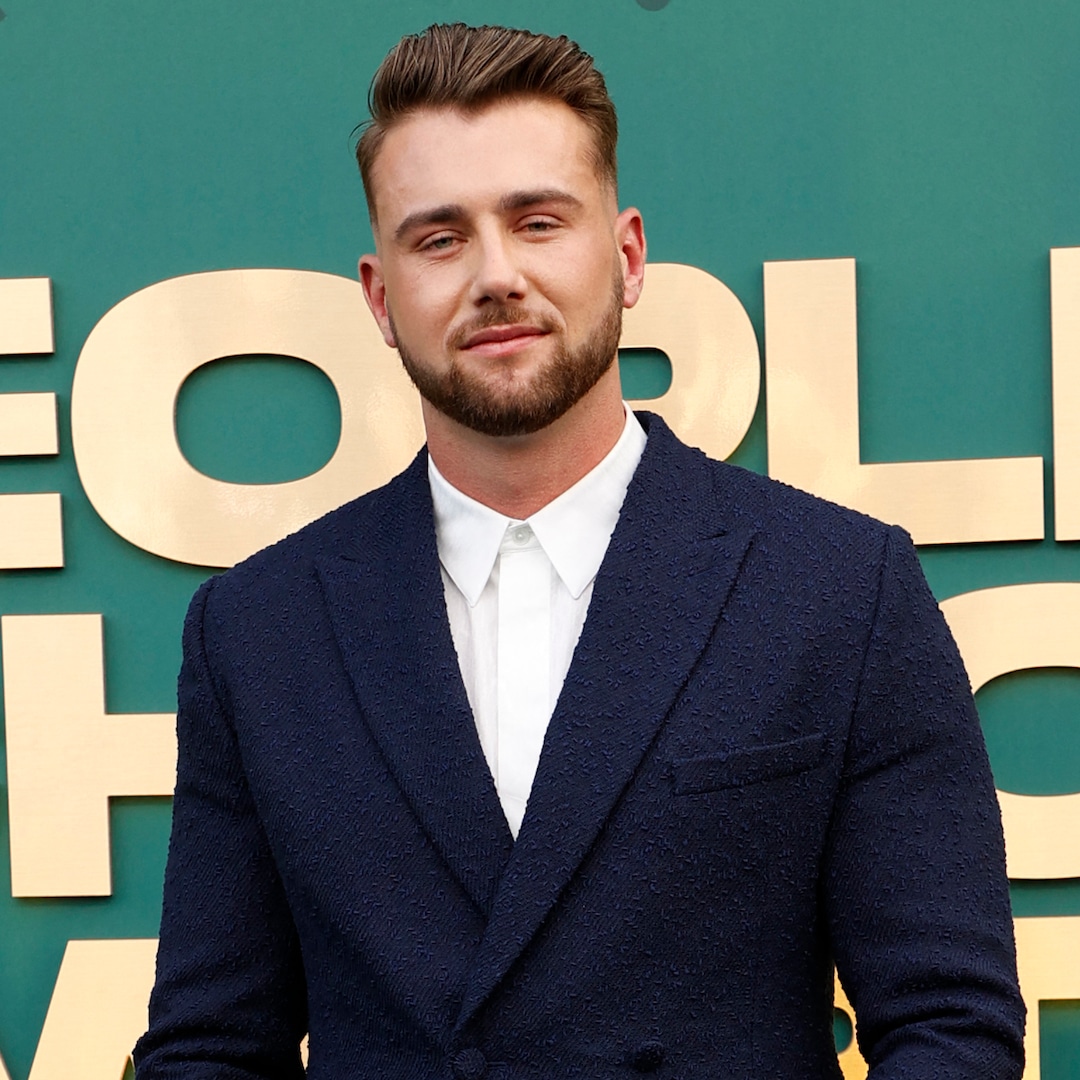Culture
Logan Lerman Honors Two Families in ‘We Were the Lucky Ones’

Logan Lerman has been an actor for more than two decades, starting at age 5, and he’s been sent a number of scripts about the Holocaust. They read as exploitative to him.
“That’s always rubbed me the wrong way,” he said. “I’m like, ‘No, that doesn’t feel right.’”
But the story of the Shoah he now stars in, “We Were the Lucky Ones,” felt different to the performer best known for his work in films like “The Perks of Being a Wallflower” (2012) and “Fury” (2014).
Based on the novel of the same title by Georgia Hunter, the eight-episode series premieres Thursday on Hulu. It tracks the members of the Kurc family as they are dispersed throughout Eastern Europe, where they live, and elsewhere when the Nazis invade. Lerman, 32, stars as Addy Kurc, a musician who has been living in Paris and finds himself unable to get home to Radom, Poland. His journey takes him to Casablanca and eventually Rio de Janeiro, all while he is unaware of the fates of his beloved siblings and parents. As the title would imply, this is less a story of loss than it is of survival.
While Hunter’s book is fictional, the Kurcs are named for and based on her maternal grandfather’s family, and their sagas were derived from her extensive research into their experiences. A co-executive producer of the series, she shared that background with Lerman as he set out to play Addy, who is based on her grandfather. But the actor reached into his own personal history as well, channeling his own grandfather, who was also a Jewish refugee during World War II. The result is a performance that combines both family histories, paying tribute to Hunter and Lerman’s ancestry in the process.
“I also wanted to do it for the reason that I was like, ‘Oh I want to show my grandfather this,” Lerman said in a video call.
Max Lerman, Lerman’s paternal grandfather, ended up in China after fleeing Germany. He died last year, but his grandchild grew up hearing his tales.
“It was always a blur to me, because I didn’t know what was real or what was fake and made up for the imaginative bedtime story I was told as a kid,” Lerman said.
He added: “Learning about it as I got older, it was complicated, emotionally understanding it, the emotional truth of it for my grandfather.”
Lerman said he thought about his grandfather throughout filming and incorporated some of his mannerisms into his performance. It’s the kind of deeply felt tie to the material the creators of “We Were the Lucky Ones” looked for when they cast the Kurcs, all played by Jewish actors. (Other stars include Joey King, Robin Weigert, Henry Lloyd-Hughes and Lior Ashkenazi.)
“We weren’t prescriptive about what Jewishness meant,” the showrunner Erica Lipez said. “It’s interesting to have a mix of people who are religious, those who are not, those who don’t practice, those who have family connections but haven’t been raised in that way.”
Lerman said he generally doesn’t feel strongly about whether Jewish parts are played by Jewish actors, but “I understand that people will connect with it differently knowing that, though.”
Lerman has played explicitly Jewish characters only a few times before, including in a 2016 film adaptation of Philip Roth’s novel “Indignation,” directed by James Schamus. Most recently he starred in the Amazon Prime Video series “Hunters,” a revenge fantasy about a group fighting Nazis in the 1970s. While “Hunters,” which ran two seasons and ended last year, covers some of the same thematic material as “We Were the Lucky Ones” — including the lingering scars of the Holocaust — Lerman saw the two as worlds apart, given the campy tone of the Amazon series.
“I was looking to do something very different,” he said. (He added that “Hunters,” with its silliness and over-the-top violence, was much less grandfather-friendly.)
Because Addy was such a meaningful character for Hunter, who was present for much of the shoot, Lipez said that they looked for someone who would “take great care” with playing him. They also knew they wanted to hire an actor with musical talent, who could play Addy’s real-life compositions for the show. While Lerman isn’t known as a musician, he plays the piano and has “music in his DNA,” according to the director and executive producer Thomas Kail, best known for directing “Hamilton” on Broadway.
Hunter knew her grandfather only later in his life, after he had changed his name to Eddy Courts, and by the time she was 10 or 11 years old, he was “quite sick” with Parkinson’s, she said. She didn’t learn about his wartime experiences until after he died. Still, she shared with Lerman details that wouldn’t make it onto the screen in an explicit way.
“The fact that he made everything in his house by hand, that he only spoke French at the dinner table, his little mannerisms,” Hunter said. “I think it was really important to Logan to peel back the layers on his character and understand who he was. It was so important to me that Logan was open to that kind of information, because it just meant he cared.”
Hunter said he nailed the portrayal, adding that there were similarities between the actor and her grandfather. “They share so much of that soulfulness, that charisma, that confidence,” she said.
Lerman said that Hunter’s presence on set yielded “a different level of connection to the material” than he had previously experienced on a job. But he never felt constrained by having Hunter and her mother on set — both had cameos in the series — to watch him portray their ancestor.
Instead, he was reassured by them that he could bring his interpretation to the material, including the sarcasm and humor of his own grandfather. The performance stands as a homage to both men, and it was made more poignant still when Lerman’s grandfather died, at 95, a week after the production ended.
“I talked to him about this a lot,” Lerman said. “And I was really excited for him to see it.”

